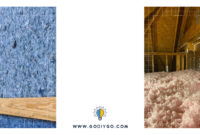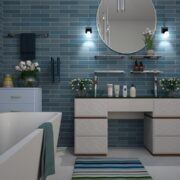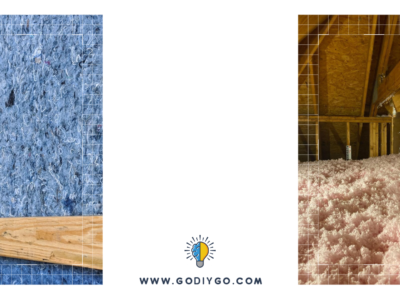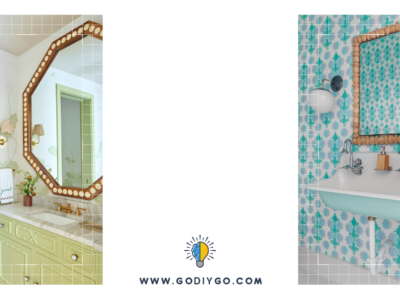You have a home or apartment with a Heating Ventilation and Air Conditioning (HVAC) system, but you want to make sure that you are getting the best air quality. So, how do you do that? One way you can help create cleaner air in your home is by installing a quality air filter. Now, you may be asking, “which is the best quality air filter I can get?”
According to https://filterking.com/hvac-filters/merv-13-air-filter-review, to get the best air quality for your home, higher MERV-rated air filters are the way to go.
Understanding MERV Ratings
Minimum Efficiency Reporting Value (MERV) is the rate at which an air filter filters out debris and other pollutants from the air at its lowest efficiency. The American Society of Heating, Refrigerating, and Air-Conditioning Engineers created the MERV ratings to update their filter testing standards. MERV ratings are based on how well an air filter captures common airborne pollutants within certain size ranges.
There are 16 MERV ratings, and the higher the number is, the more efficient the air filter is. So a MERV rating of 16 would be better than a MERV rating of 1. Twelve size ranges of pollutants have been tested to determine the ratings, ranging from 0.3 micrometers to 10 micrometers. The filters are tested upstream and downstream, where the twelve size ranges are tested in six intervals with a clean filter to begin with, then the filters are tested for dust.
To determine the air filter’s efficiency, the particles that go into the test duct will be tested before they go into the test duct and after. Based on what is evaluated, a MERV rating will be established.
So, what are the 16 different MERV ratings?
MERV 13 to 16 helps control airborne bacteria, tobacco smoke, and pollutants from sneezing. These filters work great for smoking lounges, surgery suits, and commercial buildings since so many people frequent them, and the contaminants that these filters control are primarily in these types of spaces.
MERV 9 10 12 helps control humidifier dust, lead dust, emissions from vehicles, and fumes from welding. These filters are great for residences with excellent HVAC systems, hospital labs, automotive centers, and manufacturer and commercial buildings.
MERV 5 to 8 filters help control mold, hair spray, and dust. These filters are great for commercial buildings, standard residences, and paint booths. MERV 8 filters have 90% efficiency on particles ranging from 3 to 10 micrometers.
MERV 1 to 4 filters help control larger particles like sanding dust, dust from spray paint, and lint and carpet particles. These filters are good in residences (although not ideal) and window air conditioning units.
Lower-Rated Air Filters VS. Higher-Rated Air Filters
Lower-rated air filters will bring a better airflow to your home, but they will do little when it comes to cleaning out the dust and pollutants in the air. Most low-rated air filters will stop the bigger debris particles from coming through your air vent but will not catch the smaller particles that help sustain cleaner air.
Since they do not capture the smaller particles, this means those pollutants will either get caught in your HVAC system or travel throughout the house, which can be troubling for people with things like allergies, asthma, or any other respiratory problems. They can also cause your HVAC system to get rather dirty, which can cause more maintenance issues in the future. If you have to go with an air filter, the lower-rated air filters are better than nothing, but they will not do as well as the higher-rated air filters.
Higher-rated air filters will do a better job at removing pollutants from your HVAC system as they travel through your air vent. The higher-rated air filters will catch the major pollutants, but they will also catch the smaller ones, which means a cleaner home for all who occupy it. Higher-rated air filters can be great for people with pre-existing conditions or things like allergies or asthma. Although, there will be increased resistance to airflow from your HVAC system since the air filter is more thorough, and although this is excellent for everyone’s health, it can cause your HVAC system to work harder, increasing your energy bill. Plus, since these air filters are catching more debris and pollutants, you will have to change them more often. If you do not change every three months, you will not get the same efficiency.
So, there are pros and cons to each type of air filter, and depending on the needs of your home, you can choose what is best for you.
















